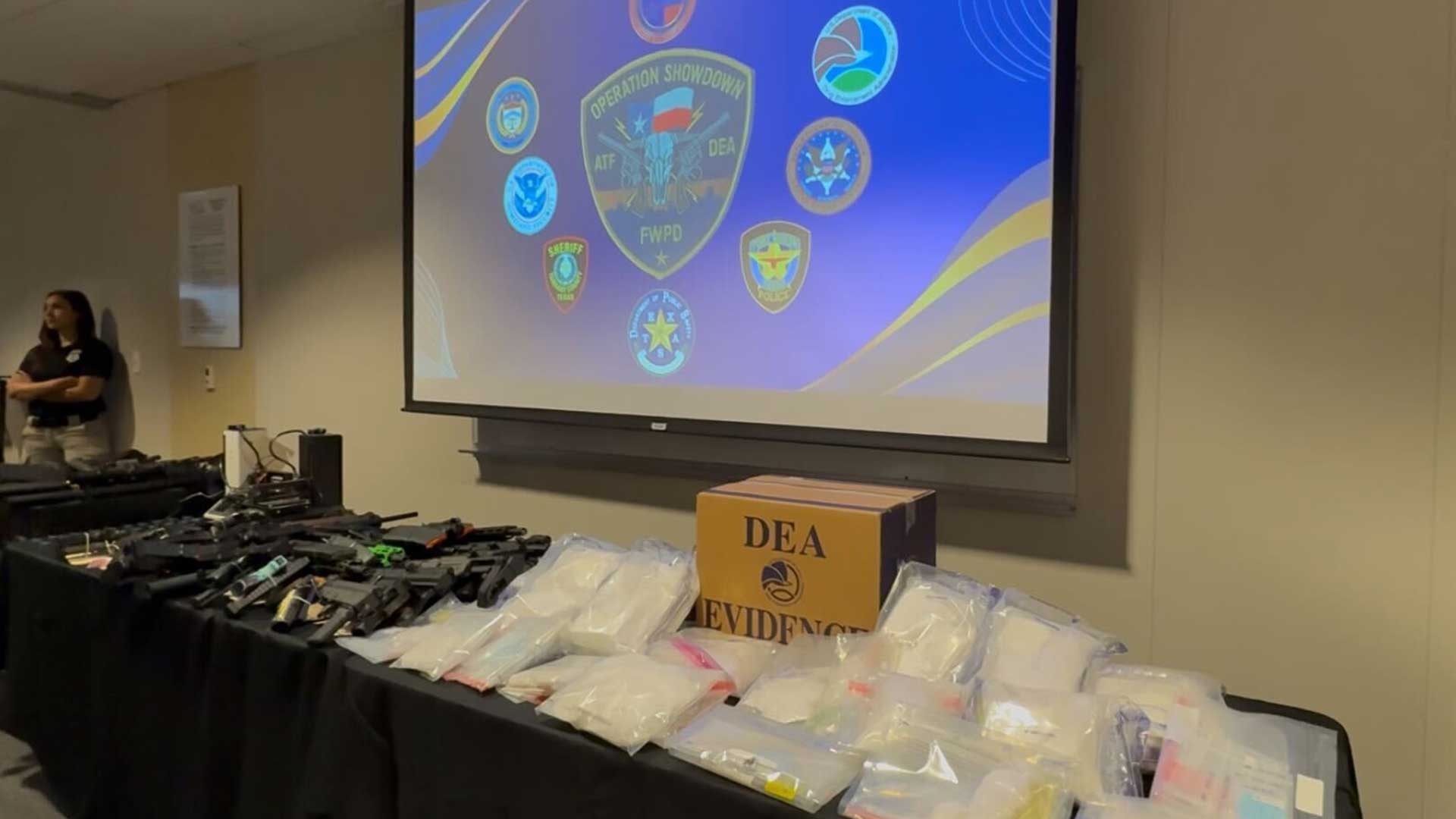College students, veterans' widows and landowners who conserve water could be among the beneficiaries if voters approve 10 proposed amendments to the Texas Constitution on Nov. 8.
Proposition 1 would allow the surviving spouses of 100 percent disabled veterans to continue claiming an exemption from state property tax after the veteran dies.
Other proposals would allow the issuance of bonds to help pay for public projects, including a low-interest loan program to finance water conservation, sewage and flood control projects. That amendment, on the ballot as Proposition 2, would increase the revolving limit on outstanding bond debt to $6 billion.
Supporters, including several from the oil and gas industry and The Nature Conservancy, say the increased bonding authority is necessary to update water utilities and to pay for unfunded projects that are part of the state water plan. Critics say Proposition 2, and others like it, will add to "runaway spending."
The proposals "do not track with the state's conservative and limited government 'pay-as-you-go' philosophy," said Debra Medina, director of the conservative group We Texans. Medina was a tea-party favorite as a 2010 candidate for governor. She argues that nine of the 10 amendments "rack up state debt ... by adopting a 'put-it-on-the-card' budgeting system.
"Elected officials still don't seem to get the idea that citizens are tired of runaway spending," she said.
Proposition 3, would allow the Higher Education Coordinating Board to issue bonds that would fund low-interest student loans. Supporters say it's necessary because budget cuts to financial aid programs at the state and federal level will likely increase the demand for such low-interest, fixed-rate loans.
Local
The latest news from around North Texas.
Proposition 4 would give Texas counties the same authority cities and towns have to issue bonds to finance the development of unproductive, underdeveloped or blighted areas, while pledging repayment with property tax revenues. Critics say the amendment would expand transportation reinvestment zones to counties, which could clear the way for new toll roads. The amendment does not allow for higher property tax rates, but opponents warn that taxpayers could still face higher taxes in the form of increased appraisals to pay for the development.
Proposition 5, which would authorize the Legislature to allow cities and counties to enter into contracts with other cities and counties without triggering a property tax.
Public schools could get more money from the state's Permanent School Fund if Proposition 6 is approved. It seeks to recalculate the formula by which funds from the endowment are distributed, which could increase the amount going to school districts.
Proposition 7 would allow El Paso County to use property taxes from newly created conservation and reclamation districts to develop and maintain parks and recreation facilities.
Another conservation-related amendment, Proposition 8, would require the Legislature to allow for lower appraisals of open-space land that is devoted to water stewardship. Supporters, including the chambers of commerce from Texas' biggest cities, say it will create an incentive for landowners to manage their property in a way that conserves and protects water for future generations.
The Texas governor could grant a pardon, reprieve or commutation of punishment to a person who completes a sentence of deferred adjudication under Proposition 9. The records could only be cleared on the written recommendation and advice of the Board of Pardons and Paroles.
Proposition 10 would give local elected officeholders an extra 30 days before triggering automatic resignation if they become a candidate for another office.



